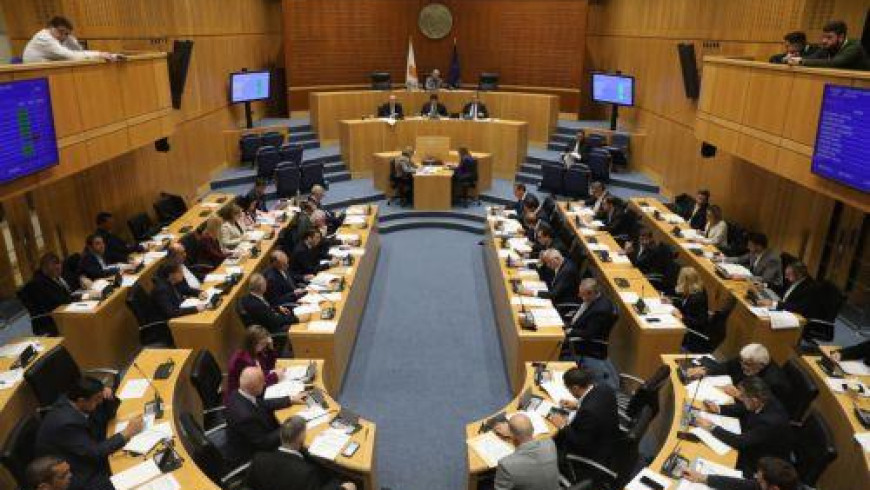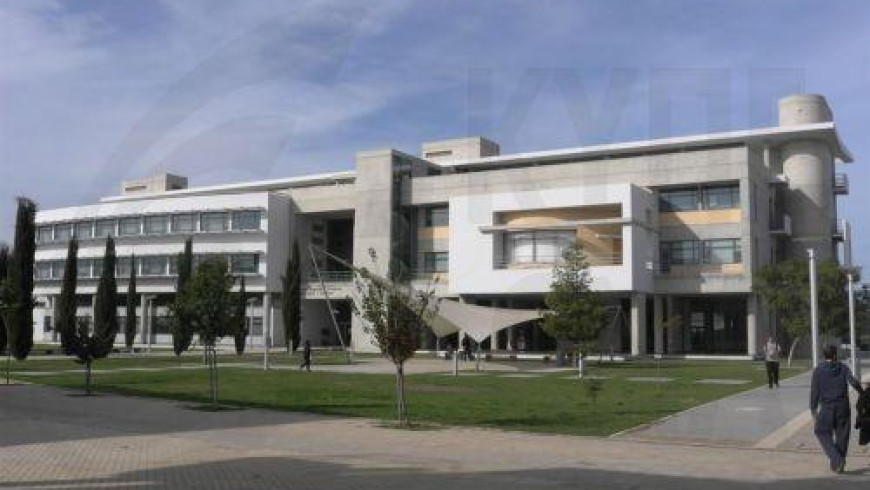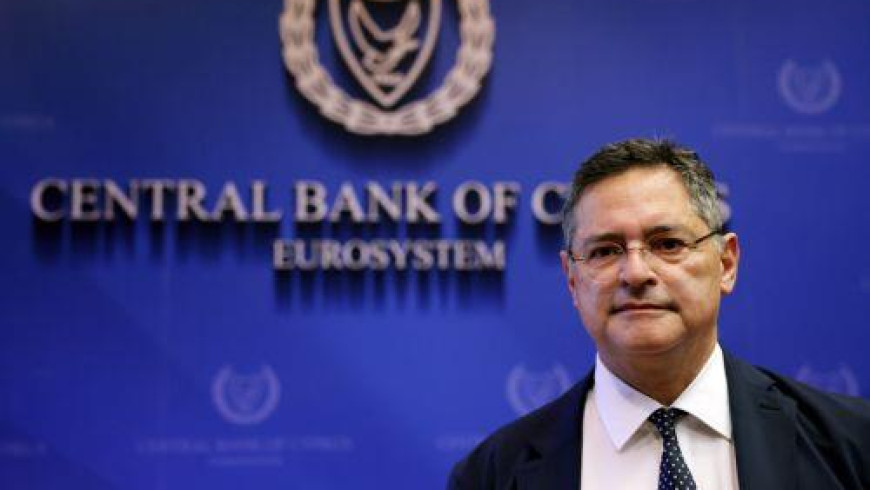
Cyprus' new Finance Minister Constantinos Petrides called on lawmakers to assume a joint commitment not to return to financial practises of the past, stressing that prudent fiscal management, a healthy banking sector and promoting structural changes would enable the authorities to plan and promote policies of economic growth and social justice.
Addressing the House of Representatives plenary ahead of the debate for the 2020 state budget, Petrides stressed that the government and the parliament should try to reach a joint understanding to promote a reform programme covering seven major reforms, including reconsidering the partial privatisation of the state telecoms organisation (Cyta).
“The effort is not yet complete and, in the economy, there is no room for complacency,” Petrides said in his first address after assuming his duties as Finance Minister in succession of Harris Georgiades.
He warned that Europe is facing a general uncertainty due to Brexit and the escalation of trade tensions between large economies, which creates a tendency of protectionism in international trade, amid increasing projections for a world economic slowdown.
“All these render shielding the Cypriot economy and the current prudent national policy even more necessary,” he stressed.
Petrides also said that prudent financial management should be observed not only for “dogmatic reasons” or due to EU fiscal rules but also because “healthy pubic finances mean healthy and sustainable growth.”
“This is why fiscal surpluses should not mean satisfying demands and pressures for an irrational increase of public spending. There are moves that can be made, but there others which deviate from the boundaries of sustainability and common logic and we will stand against them,” he added.
Furthermore, Petrides said that promoting reforms and changes in the structures and processes of the economy and the public sector should be a “national target”, adding that we should seek to reach an understanding between the government and parliament with a view to supporting the “auspicious reform effort that would change the country.”
Petrides outlined seven reform actions. The reform of local government, the reform of the justice system, the reform of the public service, the streamlining of large projects licensing and the issue of town and construction permits, the establishment of a new insurance and provident fund regulatory authority, the establishment of social corporations and reconsidering the partial privatization of Cyta.
“This auspicious but feasible reform programme is the one that will change our country,” Petrides said, noting that it will also boost competitiveness, widen the productive basis but also enhance social cohesion.
“The effort to correct long-standing distortions and vulnerabilities that began in the past years,” should continue the new FinMin stressed, noting that prudent fiscal management, a healthy banking sector and structural reforms will enable the country to plan and implement growth policies but also policies of social justice.
On the Cypriot economy, Petrides said that 2019 will mark the fifth consecutive year of annual growth with an average GDP expansion rate of over 4%. He noted that 2020 will mark a comparative slowdown with the growth rate projected at 2.9% from 3.2% this year, remaining at high levels while inflation is projected to remain at the moderate level of 1.2% despite significant economic activity.
He also highlighted the drastic reduction of unemployment as “a particularly positive development,” noting that the jobless rate lowered to approximately 7% this year and is projected to decline to 6% next year, while poverty rate declined to 24% from 28% in 2013.
On the public debt, the Finance Minister said that it is projected to decline to 97.4% of GDP and is expected to continue its downward trajectory reaching 91.1% in 2020, adding that the debt’s downward path is secured through budget surpluses.
Turning to the banking sector, Petrides said the banks’ governance has changed while lending is carried out with the lowest ever interest rates in the country.
He went to say that banks have more strict loan origination policies protecting the economy from excessive credit expansion while they attracted more capital and increased provisions against bad loans.
He underlined however, that despite positive developments everyone should realise that the banking system is operating in a particularly strict and demanding European-wide supervisory and regulatory framework and that “the pressure will continue until full consolidation.”














 3287.99
3287.99 1275.09
1275.09
